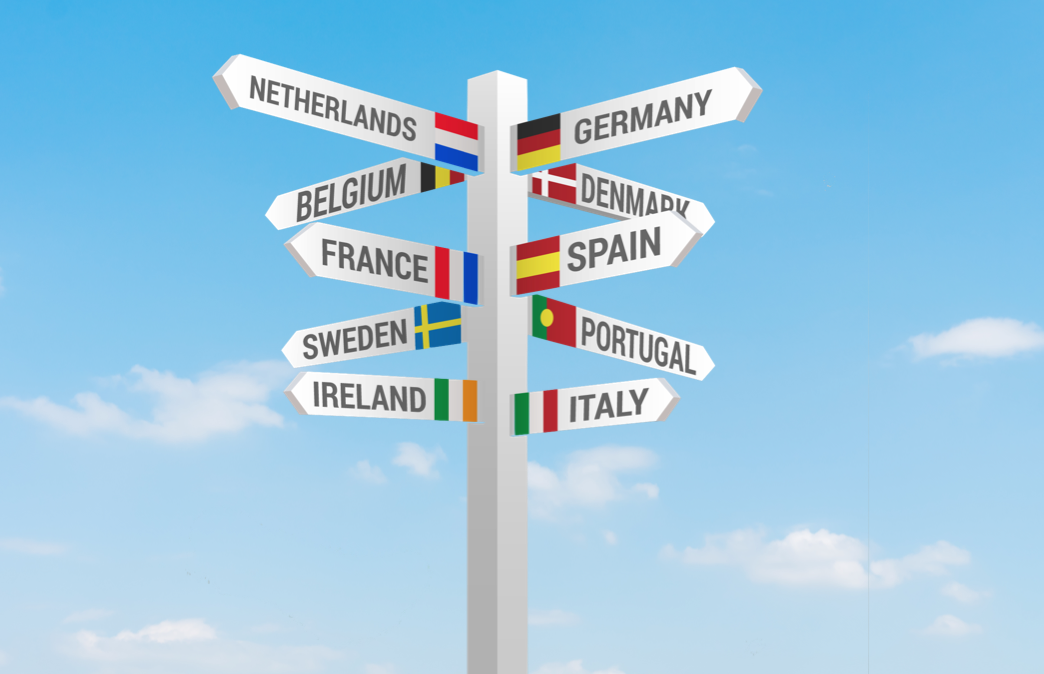
For countries outside of the bloc, the EU has opened its external borders to a select group of countries, based on their coronavirus record. The list is updated every fortnight. Currently, citizens of Algeria, Australia, Canada, Georgia, Japan, Morocco, New Zealand, Rwanda, South Korea, Thailand, Tunisia, Uruguay and China can enter. The US, Montenegro and Serbia are among the countries on the banned list. But member states are not, however, legally obliged, to follow the EU’s recommendation.
Commercial flights resumed in Albania on June 15.
All EU nationals and residents are eligible to enter Albania at the moment.
The country can be reached with flights from Germany, Italy, the UK, Serbia, Austria, Greece and Turkey.
Passengers at all terminals are expected to pass through a “disinfection tunnel” and undergo “body temperature measurement”. Anyone with body temperature higher than 37.5°C “shall be interviewed by the company doctor”.
There are no restrictions with most European Union countries except for travellers from the UK, Sweden, Bulgaria, Romania and Portugal who must still present a medical certificate or self-isolate.
Due to a high number of cases, travellers from the Gütersloh district in Germany will need a negative COVID-19 test (administered in the last 48 hours) to travel to Austria.
Austria is also performing random checks at the border with Slovenia, following a spike in COVID-19 cases in the Balkans.
Also, flights from Belgrade, Sarajevo and Bucharest have been cancelled.
Entry by air is prohibited to citizens coming from countries outside the Schengen Area, however, those who hold a Visa D, as well as seasonal workers in the agricultural, forestry and tourism sectors, are exempt from this ban.
Borders have reopened to citizens from the EU, most of the UK and the four other Schengen countries (Switzerland, Liechtenstein, Iceland and Norway).
However, travellers arriving from certain areas of Spain and Portugal (detailed here) as well as Leicester in the UK must undergo a COVID-19 test and quarantine upon arrival.
All air travellers to Belgium must fill a “Public Health Passenger Locator Form” and hand it over to the border authorities.
Non-essential travel to and from outside the EU and Schengen countries remains prohibited.
Bosnia opened borders on July 16 to EU and Schengen citizens carrying a negative coronavirus test not older than 48 hours.
There is still a travel ban for all other foreign nationals, although people with special circumstances (like medical treatment, a business meeting, a funeral or who are in the company of a spouse that is a Bosnian national) may be allowed entry. However, a negative COVID-19 test may still be required.
Bulgaria opened its borders on June 1 to EU countries, the UK, San Marino, Andorra, Monaco, Vatican, Serbia and North Macedonia citizens, as well as to medical workers and family members of Bulgarian citizens, as listed on the government website.
Travellers from Algeria, Australia, Canada, Georgia, Japan, Morocco, New Zealand, Rwanda, South Korea, Thailand, Tunisia, Uruguay and Ukraine are now allowed in too.
The list of countries not subject to a travel ban or quarantine obligation is updated periodically and can be found here.
Tourists, coming from Portugal, Sweden and any country not mentioned above must hand a negative PCR test done up to 72 hours prior to arrival, or undergo a 14-day quarantine.
Tourists from the other countries must meanwhile submit a declaration acknowledging the have been informed of the country’s anti-epidemic measures and with risks associated with COVID-19 to health inspector at the border.
Borders remain open to EU, UK, Switzerland, Norway, Lichtenstein, Andorra, San Marino, Monaco and Holy See citizens. This also includes the families of the mentioned nationals.
But Croatia has reimposed quarantine for travellers from North Macedonia, Serbia, Kosovo and Bosnia following a new coronavirus outbreak in the region.
However, entry from third countries may also be permitted for business, study and even tourism reasons, providing relevant documentation, listed here. In these cases, it is obligatory to present a negative PCR test that is not older than 48-hours upon arrival. Travellers who fail to present a test that fulfils these criteria must undergo a 14-day quarantine.
The government has advised all travellers to fill an online form in order to shorten border checks.
Cyprus resumed tourist travel on June 9 after closing its borders for almost three months.
Authorities have created three lists based on countries’ epidemiological situation, which detail if passengers from these destinations are allowed to enter and under what conditions.
The lists are updated weekly by the Ministry of Health and can be found here.
All passengers, regardless of their nationality, need to fill out a form called Cyprus Flight Pass within 24 hours before their flight departure.
These countries include: Austria, Germany, Denmark, Greece, Estonia, Ireland, Latvia, Lithuania, Malta, Hungary, Poland, Slovakia, Slovenia, Finland, Switzerland, Iceland, Lichenstein, Norway, Japan, Canada, New Zealand and South Korea.
Passengers coming from these countries need to test negative for the virus no later than 72 hours prior to their arrival and include: Belgium, Bulgaria, France, Spain, Italy, Croatia, Netherlands, Czech Republic, Andorra, Monaco, Vatican City, San Marino, Algeria, Australia, Georgia, Morocco, Rwanda, Thailand, Tunisia, Uruguay, China.
These countries include Portugal, Sweden, Luxembourg, Romania, United Kingdom, Serbia and Montenegro.
Borders with Austria and Germany reopened on June 5, 10 days earlier than expected. The country opened its frontier with Slovakia and Hungary on May 27, but with restrictions.
The other EU countries have been divided into coloured groups dependent on risk: green, orange, and red.
From June 15, Czech residents and EU citizens from green countries — eastern and Baltic member states, Finland and Norway — were able to travel to and from the country without any requirements.
Those from the yellow group, which includes France, Italy, and Spain, must have a valid health certificate to enter.
Test and quarantine conditions will apply for people entering from the UK and Sweden — the two red nations in Europe.
Denmark’s borders have now reopened to most European countries, but this is subject to change based on a set of health measures and analysis. Borders to Sweden and Portugal are still closed, and a list of open or closed countries is updated weekly.
Opened borders to Baltic neighbours on May 15 and to the rest of the EU, the Schengen area, and the UK on June 1.
“Travel documents and medical symptoms are checked” at points of entry, the Foreign Ministry has said.
Those coming from countries with a high infection rate will have to self-isolate for two weeks.
Finland has allowed travellers from Norway, Denmark, Iceland, Estonia, Latvia and Lithuania from June 15.
From 13 July travel restrictions were lifted for Andorra, Austria, Belgium, Cyprus, Germany, Greece, Hungary, Ireland, Italy, Liechtenstein, Malta, the Netherlands, San Marino, Slovakia, Slovenia, Switzerland, and the Vatican.
Also from 13 July, Finland is allowing work-related travel and other essential traffic from the following non-EU countries: Algeria, Australia, Georgia, Japan, New Zealand, Rwanda, South Korea, Thailand, Tunisia, Uruguay and China (provided that reciprocity is confirmed in the EU).
Restrictions on travel to Finland have been extended for the UK, Spain, Poland, Portugal, France, the Czech Republic, Sweden and some other European nations.
France
Travellers from EU member states as well as Andorra, Iceland, Liechtenstein, Monaco, Norway, San Marino, Switzerland, and the Vatican have been allowed to visit the county since June 15 without a health certificate or any form of quarantine upon arrival.
But passengers from Spain and the UK are asked to submit to a voluntary quarantine, “in reciprocity” to current regulations in place in both countries, France’ Foreign Affairs Ministry has explained.
Per the EU Council’s recommendation, France reopened its borders to 15 non-member states on July 1.
On June 15, Germany lifted border restrictions for travellers coming from the EU, Switzerland, Norway, Iceland, Liechtenstein, and the United Kingdom.
Germany, however, decided to extend until August 31 its warnings on travelling outside the EU.
Those that do manage to get in must self-isolate for 14 days.
The Foreign Affairs Ministry published on Sunday, May 31, its plan for reopening borders, which entails three different phases.
Phase 2 saw tourism travel from EU countries resume on June 15, with flights landing in Athens and Thessaloniki.
Travellers coming from any of these airports listed by the European Aviation Safety Agency, as well as Italy, Spain, the Netherlands or Sweden are tested upon arrival until June 30, with the authorities stressing that an overnight stay is required. If the test if negative, travellers can then continue on to their final destination.
Only essential travel from Albania and North Macedonia is permitted while a travel ban from the UK and Turkey is maintained and all visitors are subject to sample testing.
Phase 3 is expected to start on July 1. International flights will be allowed into all airports in Greece and all travellers subject to random tests upon arrival.
“Additional restrictions regarding certain countries will be announced at a later date”, the Foreign Ministry says.
Arrivals by sea will also be allowed on July 1, with travellers subject to random testing.
The border with Serbia is closed until July 15 following a new outbreak in the country.
Hungary is reimposing travel restrictions from July 15 due to a resurgence of coronavirus infections around the world. It has a traffic lights system for countries based on their infection rate.
Only Hungarians will be allowed to enter if they are coming from ‘red’ countries with high infection rates. These include Albania, Ukraine, Belarus and almost all of Asia, Africa and South and Central America. Arrivals will have to quarantine for two weeks.
Hungarians and foreigners coming from ‘yellow’ countries have to quarantine for two weeks, but can leave quarantine after being tested. These include: Bulgaria, Portugal, Romania, Sweden, the UK, Russia, Serbia, Japan, China and the United States.
Hungary had opened its borders without restrictions to citizens of the European Union, the European Economic Area (excluding the United Kingdom) and of Switzerland on 21 June.
Hungary opened its border with Austria, Slovakia, Croatia, the Czech Republic, Slovenia and Serbia on June 12 without the need for going into quarantine.
Iceland reopened to EU and UK travellers on June 15.
Tourists are tested upon arrival. A few hours later, they get the result on their phone, after downloading a tracking app.
The test, free for a period of two weeks, will cost 15,000 Icelandic Krona (€100) from July 1. Children born in or after 2005 will be exempt.
Authorities are yet to clear procedures for those who test positive.
The Irish health authorities currently require anyone coming into Ireland, except from Northern Ireland, to self-isolate for 14 days, upon arrival, including Irish residents.
Arrivals have to complete a passenger locator form, although exemptions are in place for providers of essential supply chain services such as hauliers, pilots and maritime staff.
Borders in Italy opened June 3 to citizens from the EU, UK, Schengen area, Andorra, Vatican City, San Marino and Monaco, following a nationwide lockdown which came into force on March 9.
Travellers arriving from Bulgaria and Romania, however, have to self-isolate for 14 days, as well as all passengers that have not come from one of the following countries: Austria, Belgium, Cyprus, Croatia, Denmark, Estonia, Finland, France, Germany, Greece, Hungary, Ireland, Latvia, Lithuania, Luxembourg, Malta, the Netherlands, Poland, Portugal, the Czech Republic, Slovakia, Slovenia, Spain, Sweden and Iceland, Liechtenstein, Norway, Switzerland, UK, Andorra, the Principality of Monaco, the Republic of San Marino and the Vatican City State.
Until July 31, entrance to Italy is forbidden for most passengers who in the 14 days prior to arrival stayed in or transited through any of the following countries: Armenia, Bahrain, Bangladesh, Bosnia Herzegovina, Brazil, Chile, Kosovo, Kuwait, North Macedonia, Moldova, Montenegro, Oman, Panama, Peru, Dominican Republic, Serbia.
All travellers coming to Italy need to fill in a passenger form on the Foreign Ministry website, which also has updates on travel restrictions for Italy.
All Italian passenger cruise ships have suspended activity until further notice.
Opened its borders to Baltic neighbours Estonia and Lithuania on May 15. Since June 1, there have been no border checks with Lithuania.
From June 3, residents of EU and EEA countries, as well as Switzerland, have also been able to enter the country without being submitted to a 14-day quarantine if the country they travelled from has a 14-day cumulative number of COVID-19 cases not exceeding 15 per 100,000 population.
Flights to and from European countries where the number of cases per 100,000 within the last 14-day cumulative period is between 15 and 25 can also resume.
The country is among the EU member states which reopened its borders on July 1 to 15 non-EU countries.
Lithuania has opened its borders to citizens from the EU, EEA, Switzerland and the UK provided the incidence of COVID-19 in the country they reside in does not exceed 25 cases per 100,000 population in the last 14 calendar days.
Requirements to self-isolate when arriving from these countries have been lifted.
However, Vilnius introduced a 14-day isolation requirement for its nationals or residents arriving from 50 countries most affected by COVID-19 including Sweden, Russia, Belarus, Portugal, and the US. Previously, they were only “advised” to self-isolate.
Luxembourg’s border with Germany reopened on May 15 and travel has not been restricted with other European nations, although travel from outside Europe is banned.
Malta’s Tourism Ministry announced that it will reopen tourism travel on July 1.
On that date, borders will reopen to travellers from Germany, Austria, Cyprus, Switzerland, the Italian islands of Sicily and Sardinia, Iceland, Slovakia, Norway, Denmark, Hungary, Finland, Ireland, Lithuania, Israel, Latvia, Estonia, Luxembourg, Czech Republic, Italy, France, Poland, Spain, Croatia, and Greece.
Restrictions on all other flight destinations will be lifted on July 15.
Entry to Montenegro is allowed without quarantine, so long as you are coming from a country with a rate of transmission less than 25 per 100,000 inhabitants.
Travellers from Albania, Bosnia and Herzegovina, Kosovo, Turkey, Israel, Poland, Romania, Italy and Ukraine must, however, present a negative COVID-19 test upon arrival.
The Montenegro government is keeping an up to date list of countries where people are allowed to enter from without entering quarantine.
French, UK and Spanish citizens need to self-isolate upon arrival, as well as travellers from all those countries not mentioned in that list.
The Dutch government is restricting non-essential travel from people from third countries until July 1, but EU citizens – including British nationals – can now enter the country.
Tourists from the UK and Sweden are being urged to self-isolate for 14 days.
Like many other nations, there are strict requirements around shaking hands, maintaining social distancing and hand-washing.
Norway has closed its borders and only travellers for fellow Nordic countries — Denmark, Iceland, and Finland — were able to return on June 15.
Sweden was excluded from the measure.
“Travellers from EEA/Schengen countries with acceptable levels of infection” will be able to visit the country from July 15.
The Norwegian Institute of Public Health will update the map showing areas with exemptions of quarantine duty on 10 July and the list will be updated at least every second week.
Norway currently has a 10-day quarantine for those returning from international travel..
Borders reopened for EU nationals on June 13 with no quarantine condition, and some international flights from within the bloc have restarted. Poland’s external EU border remains closed, except for specific circumstances.
Nationals of EU countries, Schengen area and passengers on flights from the UK, Brazil, the Community of Portuguese Language Countries, the US, Canada, Venezuela and South Africa are allowed in the country.
Border controls have been in place since March 16. There is currently no requirement for arrivals to go into quarantine, except in The Azores and Madeiras island.
The border with Spain reopened on July 1.
Russia is considering resuming international flights after July 15, Deputy Prime Minister Tatyana Golikova said in a news conference on July 10.
She said Russia would resume flights to countries where the average incidence rate is below 40 cases per 100,000 population.
It has drawn up a list of 13 countries that it could resume flights with: United Kingdom, Hungary, Germany, Denmark, Italy, the Netherlands, Norway, Poland, Finland, Vietnam, China, Mongolia and Sri Lanka.
International flights were halted in March. On June 8, Russia said it will partially reopen its borders as the country eases coronavirus restrictions.
Prime Minister Mikhail Mishustin said that travelling abroad for work, medical or studying purposes will be allowed, as well as for taking care of relatives.
He also said Russia will let in foreigners seeking medical treatment or taking care of family members.
People coming from Austria, Bulgaria, the Czech Republic, Cyprus, Croatia, Switzerland, Germany, Greece, Island, Latvia, Liechtenstein, Lithuania, Malta, Norway, Slovakia, Slovenia and Hungary can go in without the need to quarantine.
People coming from EU/EEA/Schengen countries not listed above must still self-isolate for 14 days.
Flights to a number of European countries including Belgium, France, Italy, Spain, Germany, Austria, the Netherlands, and the UK remain suspended.
Serbia’s borders are open.
Slovakia reopened its borders to Germany, Liechtenstein, Switzerland, Slovenia, Croatia, Bulgaria, Greece, Cyprus, Malta, Estonia, Latvia, Lithuania, Finland, Norway, Denmark and Iceland on June 10.
The country’s borders to Austria, Hungary and the Czech Republic were opened a few days earlier, on June 5.
Slovenia reopened borders to citizens coming from 18 countries on May 15, including neighbouring countries such as Austria, Croatia and Hungary. Montenegro and Italy were added to this list from June 15. Anyone entering from a country with high levels of COVID-19 will have to quarantine for 14 day.
Spain reopened its borders to EU member states, Schengen area countries and the UK on June 21. None of these travellers have to self-isolate.
Portugal had been the only exception to the above, but the border between the two countries reopened on July 1. The country also opened up to the list of non-member states approved by the EU Council.
Sweden has introduced border restrictions but it only applies to non-essential travel from countries outside the EU/EEA, except the UK and Switzerland.
That restriction came into effect on March 19 and has been extended until July 7.
Switzerland, who brought in border controls on March 13, will reopen borders to all EU countries, the UK, Norway, Iceland and Liechtenstein on June 15, instead of July 6 as previously planned.
The government is also reopening borders to non-EU and non-EFTA workers on July 6, as it announced on June 24.
Any foreign nationals who currently try to enter Switzerland without a valid residence or work permit will be refused entry.
Air passengers from abroad are currently only able to enter the country through the airports at Zurich, Geneva and Basel.
The Swiss authorities have not imposed any quarantine measures on persons entering the country. However, you must comply with the government’s hygiene and social distancing rules.
Turkey has opened its border to foreign travellers, except for the land border with Iran. Arrivals may have to go through health checks.
Borders are currently open. Since June 8, visitors from abroad are required to quarantine for 14 days. Those exempt from these measures include people travelling from Ireland, the Channel Islands or the Isle of Man.
As in other countries, certain professions are exempt from these rules, such as healthcare workers travelling to deliver healthcare in the country. Upon arrival, those who are required to self-isolate need to provide their journey and contact details.
On July 3, England announced plans to scrap its quarantine rules for a number of countries it deems low-risk, including France, Spain, Germany and Italy.
This will come into effect on July 10, meaning travellers arriving from those countries will not be required to self-isolate for 14 days.
SPOKO.APP wants to remind you, that doesn’t matter where you are – you can send money from any EU country instantly and at the honest exchange rates!
Visit https://spoko.app for more info!

Migrants are key players in the global economy. In 2024 alone, according to the World Bank, they sent home $848 billion. But what’s behind these numbers? How do people from different countries manage their income... Read more
By Spoko 28.04.2025
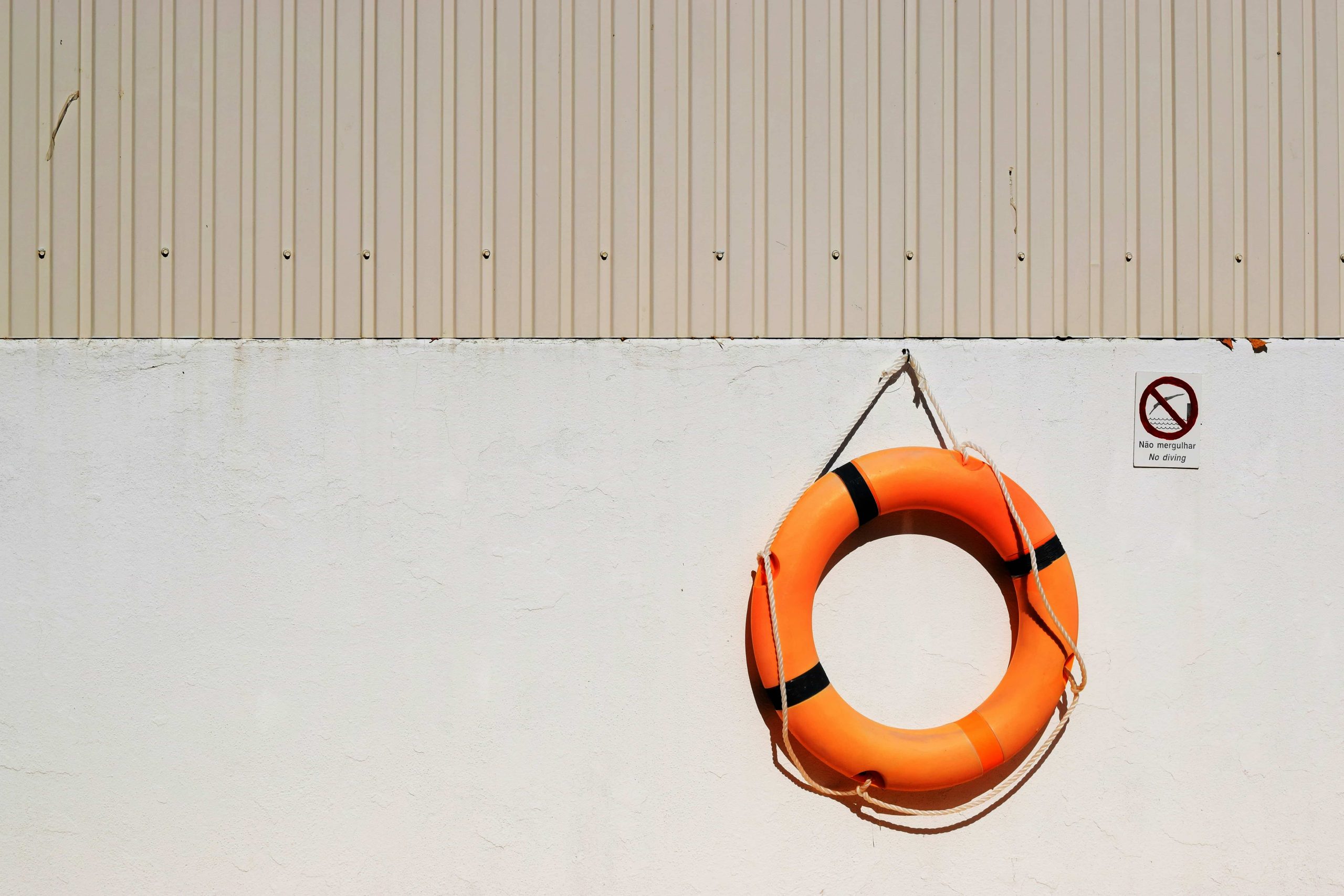
Moving to another country is not just about changing your address—it’s a serious challenge for your psyche. Even if you have a job, housing, and knowledge of the language, the feeling of truly belonging doesn’t... Read more
By Spoko 01.04.2025

Can you open a bank account in Europe without EU citizenship? The short answer is yes. But there are nuances. Some banks reject non-residents, others require a pile of documents, while some allow you to... Read more
By Spoko 24.03.2025

Dreaming of Starting Your Own Business in Europe? Poland, Germany, and Spain are some of the best destinations for entrepreneurs. Each country offers unique advantages: Poland attracts with low taxes and a fast-growing economy, Germany... Read more
By Spoko 07.03.2025
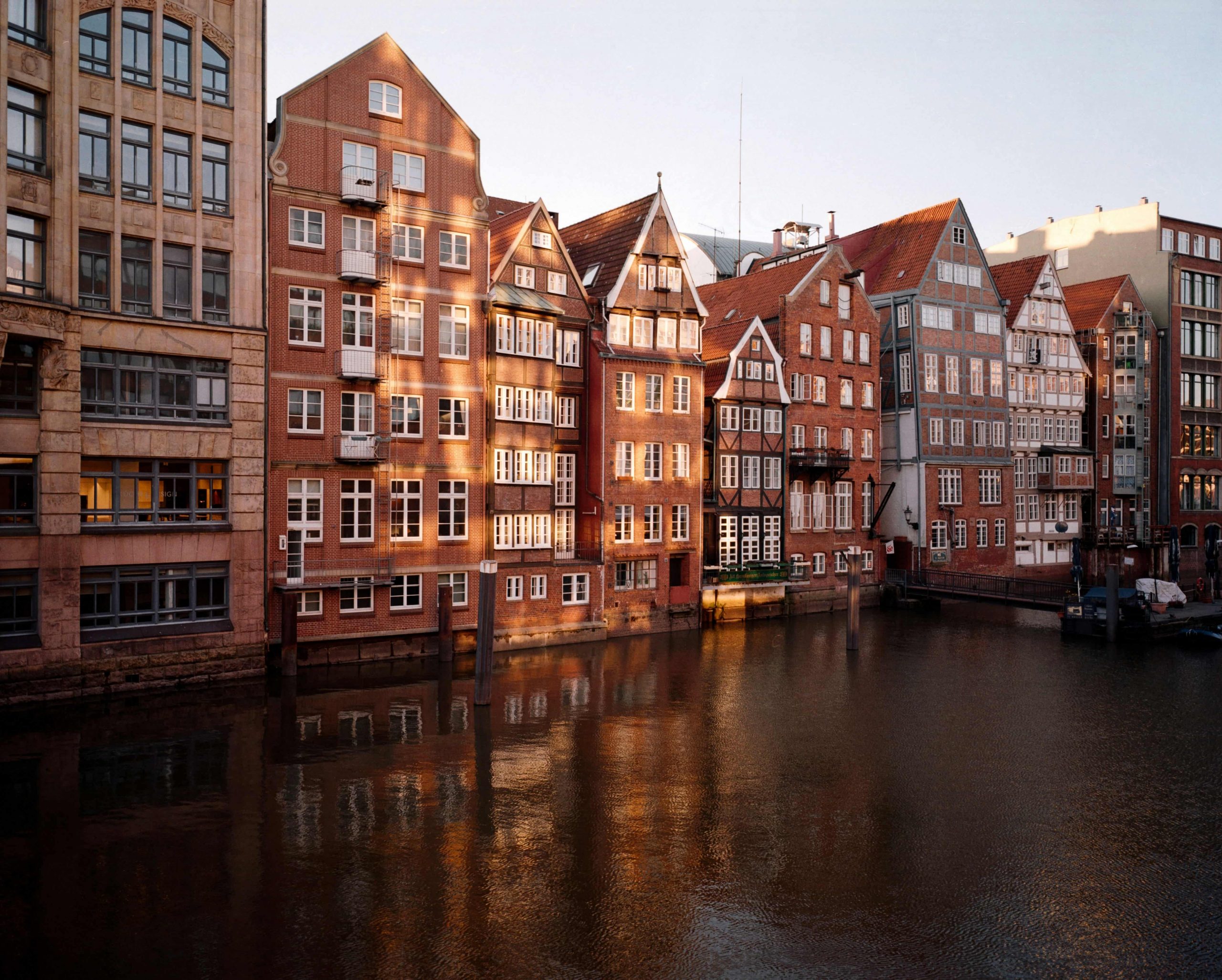
Germans love renting. Unlike other Europeans, they are in no hurry to buy property. About 50% of the population lives in rented apartments, and in major cities, this figure is even higher. For example, in... Read more
By Spoko 24.02.2025

France is more than just Paris! Whether you’re an expat looking for job opportunities or a high quality of life, France offers a range of cities with strong economies, good infrastructure, and vibrant communities. ... Read more
By Spoko 11.02.2025
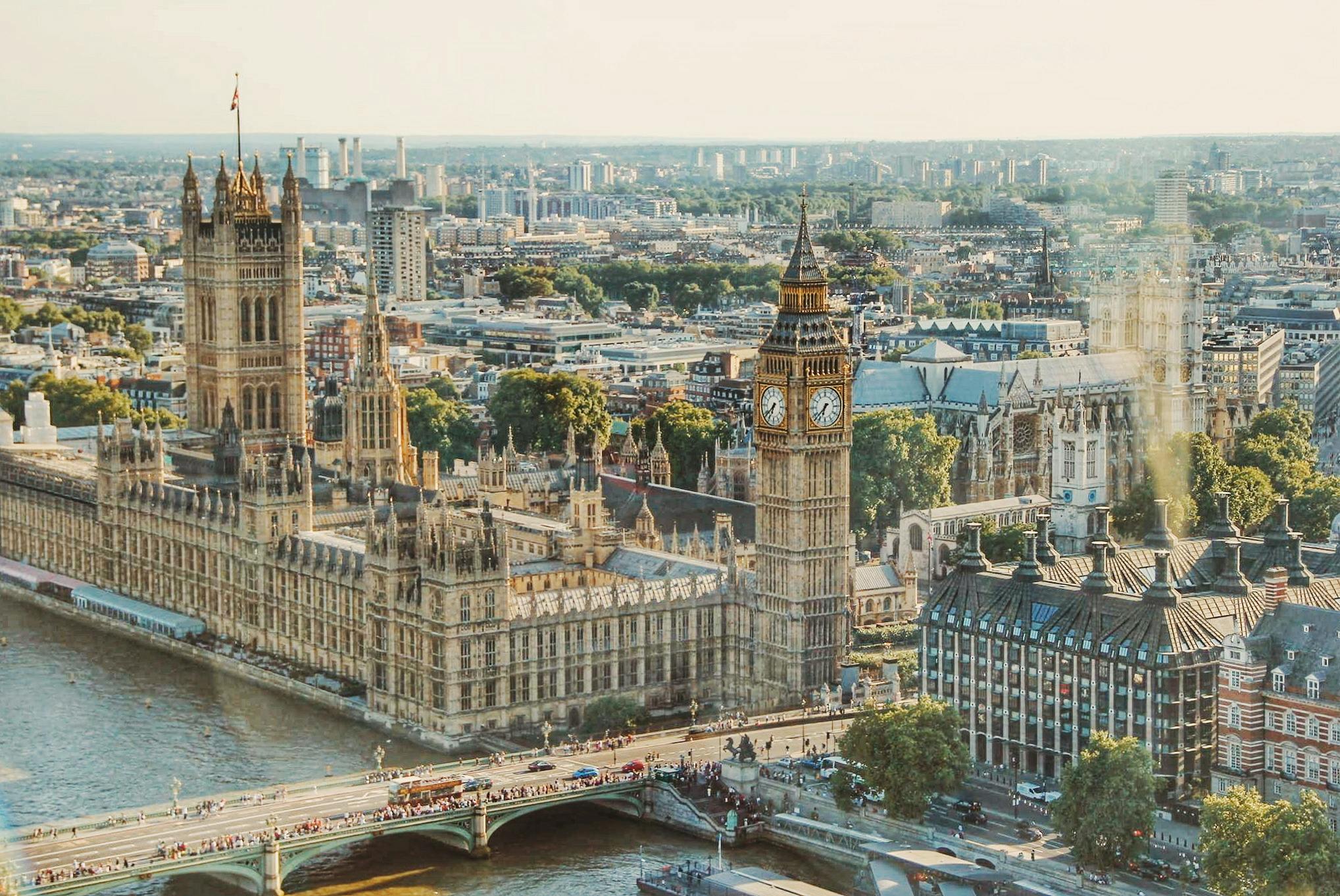
In 2025, obtaining a work visa for the United Kingdom remains one of the most sought-after ways to legally work in the country. With a growing demand for skilled professionals across industries such as IT,... Read more
By Spoko 15.01.2025

Vinted is more than just a platform for selling unwanted clothes — it’s a legitimate way for people worldwide to generate extra income. In 2025, reselling fashion has become a booming trend, with active Vinted... Read more
By Spoko 09.01.2025

As winter settles over Europe, the continent transforms into a magical wonderland of twinkling lights, festive markets, and snow-dusted landscapes. Here’s your ultimate guide to budget-friendly winter getaways in Europe for 2025. 1. Explore Eastern... Read more
By Spoko 19.12.2024
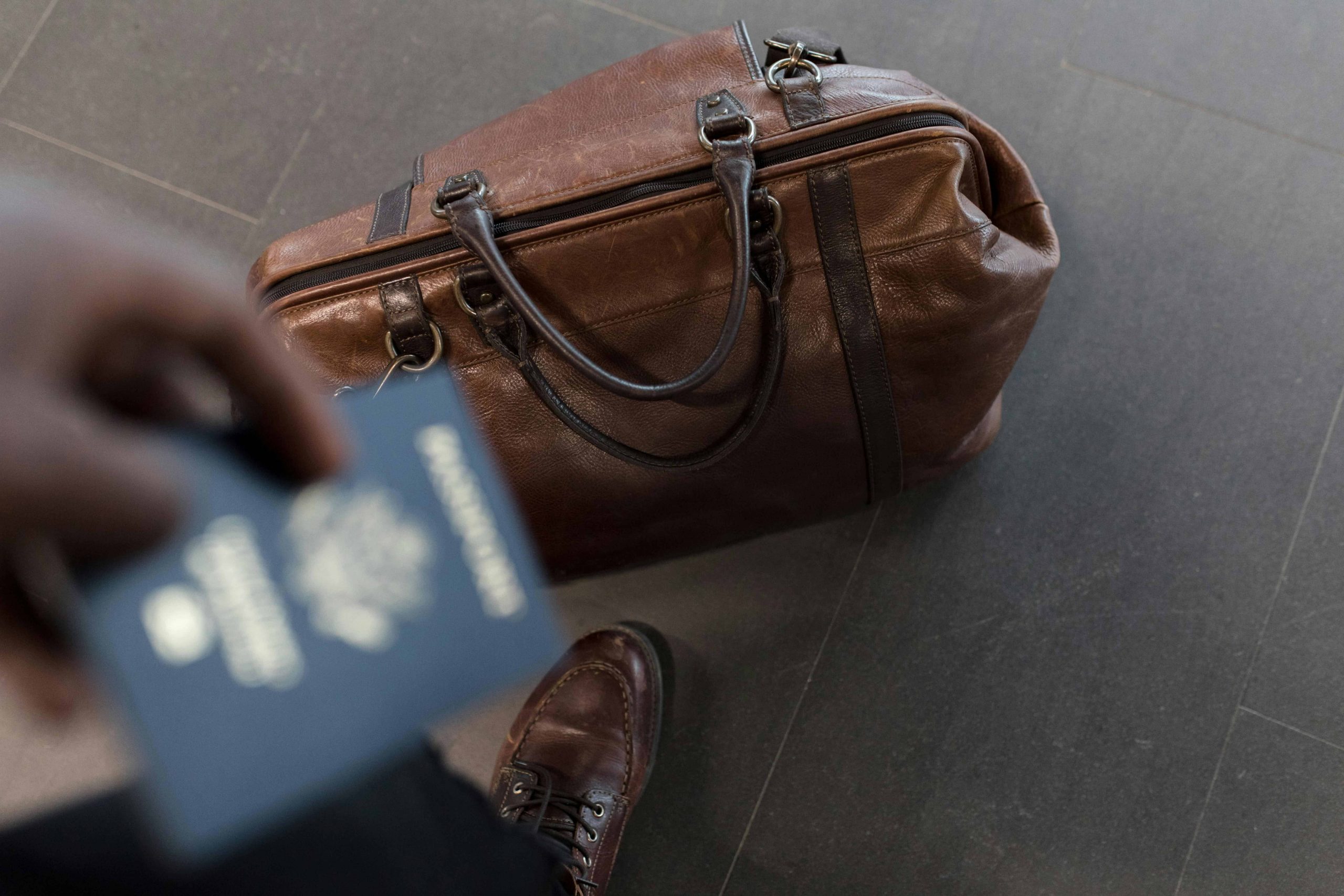
In today’s globalized world, dual citizenship is no longer just a luxury—it’s becoming a strategic choice for many expats, entrepreneurs, and global citizens. For those living in Europe, where countries often offer structured pathways to... Read more
By Spoko 13.12.2024

Europe’s Christmas markets are a magical way to celebrate the season, offering charming wooden chalets, traditional treats, and festive atmospheres. Here’s a selection of the best markets to visit in 2024, complete with their opening... Read more
By Spoko 05.12.2024

Relocating to another country is a transformative experience—new opportunities, cultures, and personal growth await. But for expats, this adventure often comes with the challenge of maintaining meaningful relationships with friends and family back home. Distance,... Read more
By Spoko 28.11.2024

Relocating to a more affordable European country is becoming increasingly common among people already living in high-cost regions like Germany, the UK, or the Nordics. Whether it’s for a lower cost of living, better weather,... Read more
By Spoko 21.11.2024

For expats living in Europe, investing in real estate can be a great way to create passive income, or even set down roots in places you love to visit. Real estate is often considered one... Read more
By Spoko 14.11.2024

For expat families living in Europe, raising bilingual or even multilingual children is both an exciting opportunity and a unique challenge. Many expats find themselves navigating a complex language landscape, balancing their native tongue with... Read more
By Spoko 16.10.2024

Moving to a new country can be an exciting adventure, but navigating healthcare as an expat can be a challenge. Whether you’re living in a major European city or a more remote area, finding the... Read more
By Spoko 18.09.2024

When you move to a country with a completely different climate, the first question that arises is “How will you cope with the cold winters?”Moving to a country where February temperatures can fall to minus... Read more
By Spoko 11.09.2024

Moving to a new country is always a big step, and while the excitement of exploring a new culture and starting a new chapter in life is undeniable, there are also practical aspects to consider—one... Read more
By Spoko 04.09.2024
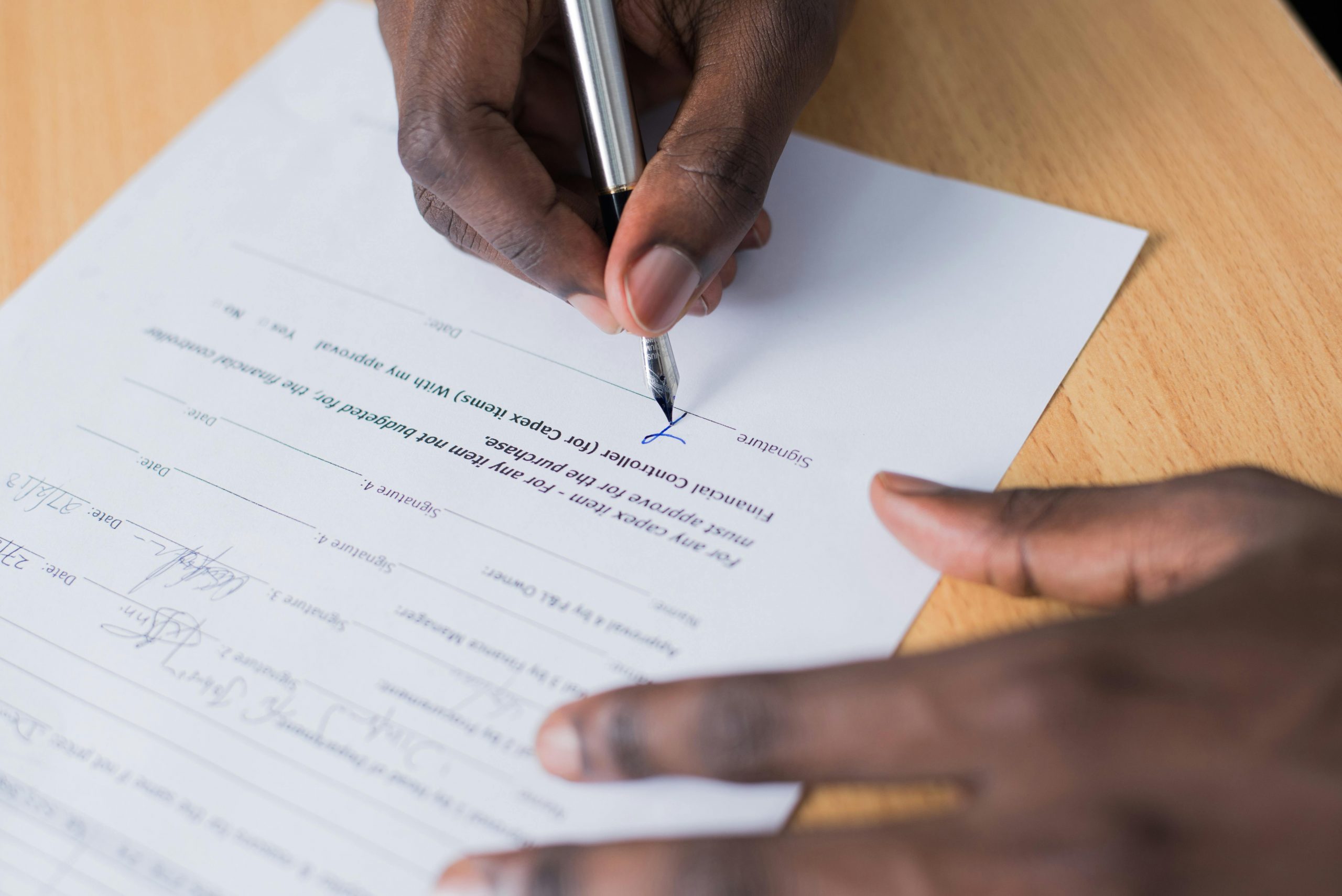
When you have applied for a residence card in Poland, the question of whether you can leave the country becomes especially relevant. Many expats and foreigners living in Poland ask themselves this question, especially if... Read more
By Spoko 20.08.2024

BLIK, the popular Polish mobile payment system, has revolutionized the way people conduct financial transactions. With its ease of use and widespread adoption, BLIK allows users to pay in stores, withdraw cash, and transfer funds... Read more
By Spoko 08.08.2024

In today’s hyper-connected world, digital detoxing has become essential for maintaining mental health and fostering genuine connections. This is particularly true for expats who often rely heavily on technology to stay connected with loved ones... Read more
By Spoko 12.07.2024

In today’s fast-paced world, filled with constant notifications, accumulating possessions, and the pressure to keep up with societal expectations, it’s no wonder many people feel overwhelmed. For expats, this sense of chaos can be amplified... Read more
By Spoko 13.06.2024

In a world where borders blur and cultures intertwine, emotional intelligence (EI) emerges as the cornerstone of success, especially for expatriates navigating new territories. Beyond the technical prowess and language fluency, expats equipped with high... Read more
By Spoko 29.05.2024

Are you considering making the leap to live in Lithuania? Nestled in the heart of the Baltic region, Lithuania offers a unique blend of rich history, vibrant culture, and modern amenities. From the enchanting cobblestone... Read more
By Spoko 15.05.2024

In a world increasingly aware of the environmental challenges we face, sustainable living has moved from being a niche concern to a global priority. Whether you’re just starting your sustainability journey or looking to deepen... Read more
By Spoko 08.05.2024

Learning a new language as an immigrant is more than just a skill—it’s your gateway to better integration, improved job prospects, and deeper connections with your new community. But memorizing new words can be challenging.... Read more
By Spoko 25.04.2024
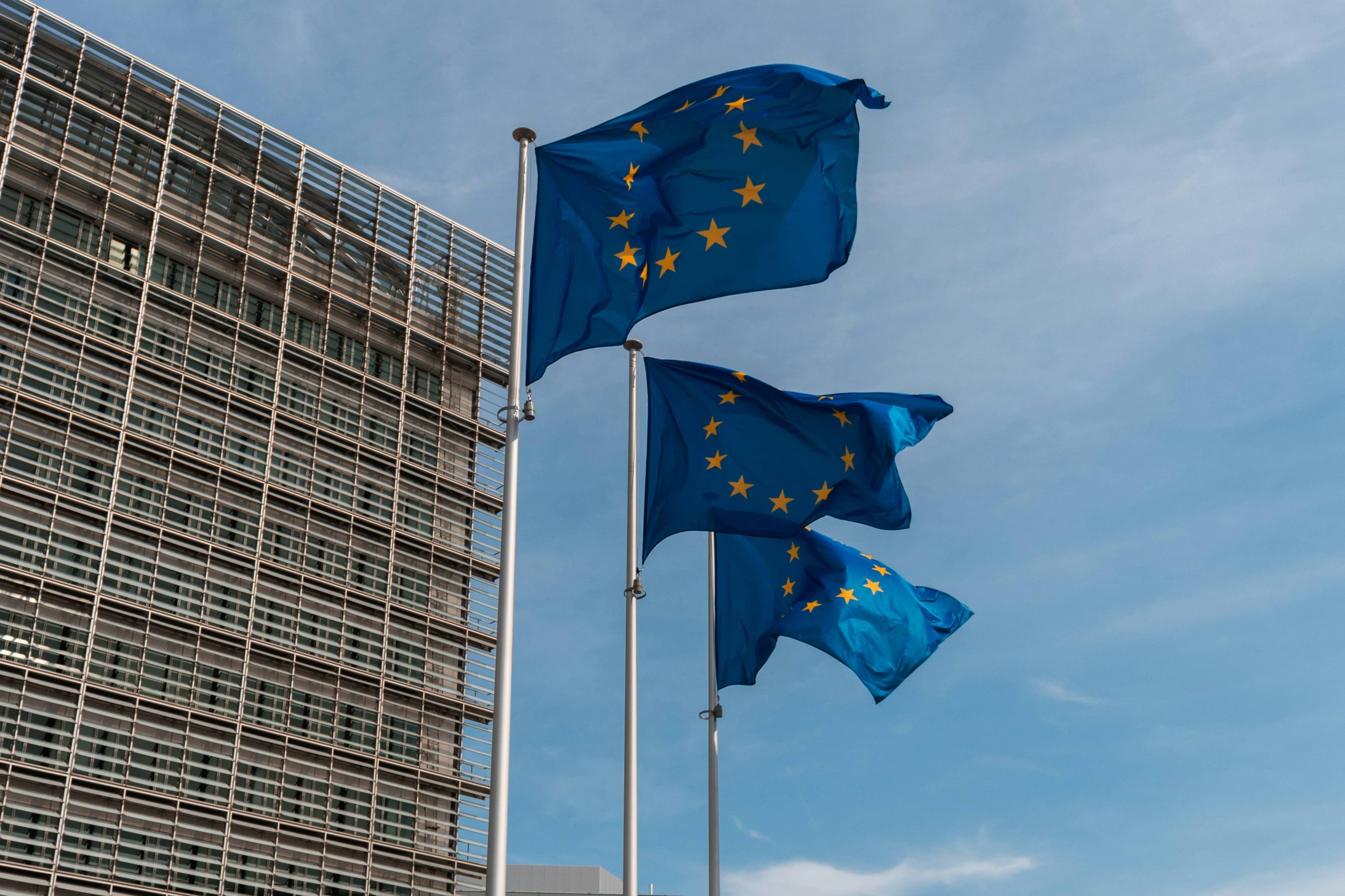
As an immigrant planning to relocate to a European Union (EU) country, it’s crucial to grasp the ever-evolving landscape of EU immigration law. Here’s an updated overview, including recent developments and concrete facts to aid... Read more
By Spoko 11.04.2024
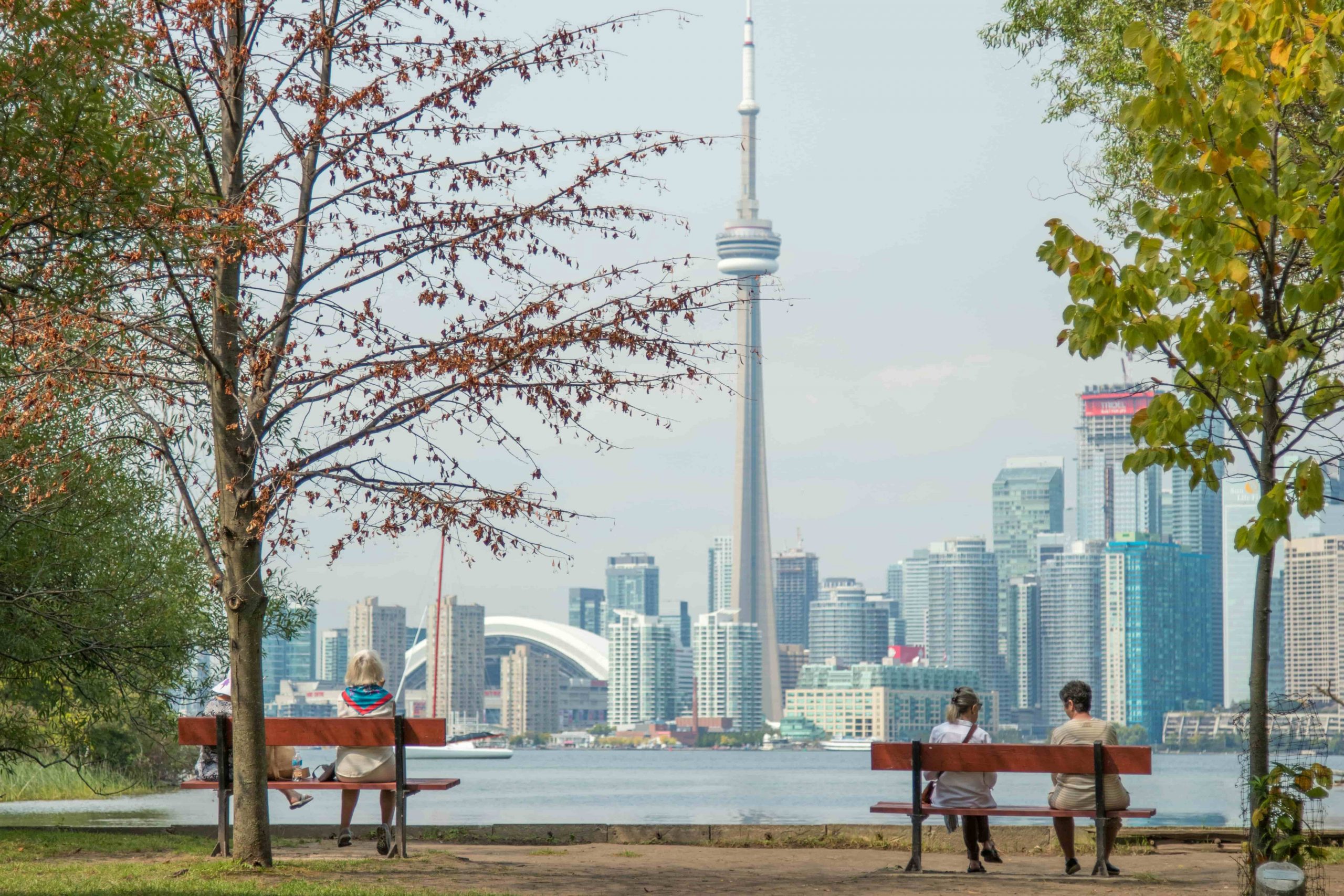
Dreaming of a fresh start in the Great White North? Brace yourself for an adventure filled with promise, as we unveil the ins and outs of moving to Canada in 2024. From lucrative job opportunities... Read more
By Spoko 03.04.2024

Embarking on a journey to live abroad is more than just a change in scenery; it’s an opportunity to craft the life of your dreams in a new cultural landscape. As an expat, organizing your... Read more
By Spoko 28.03.2024
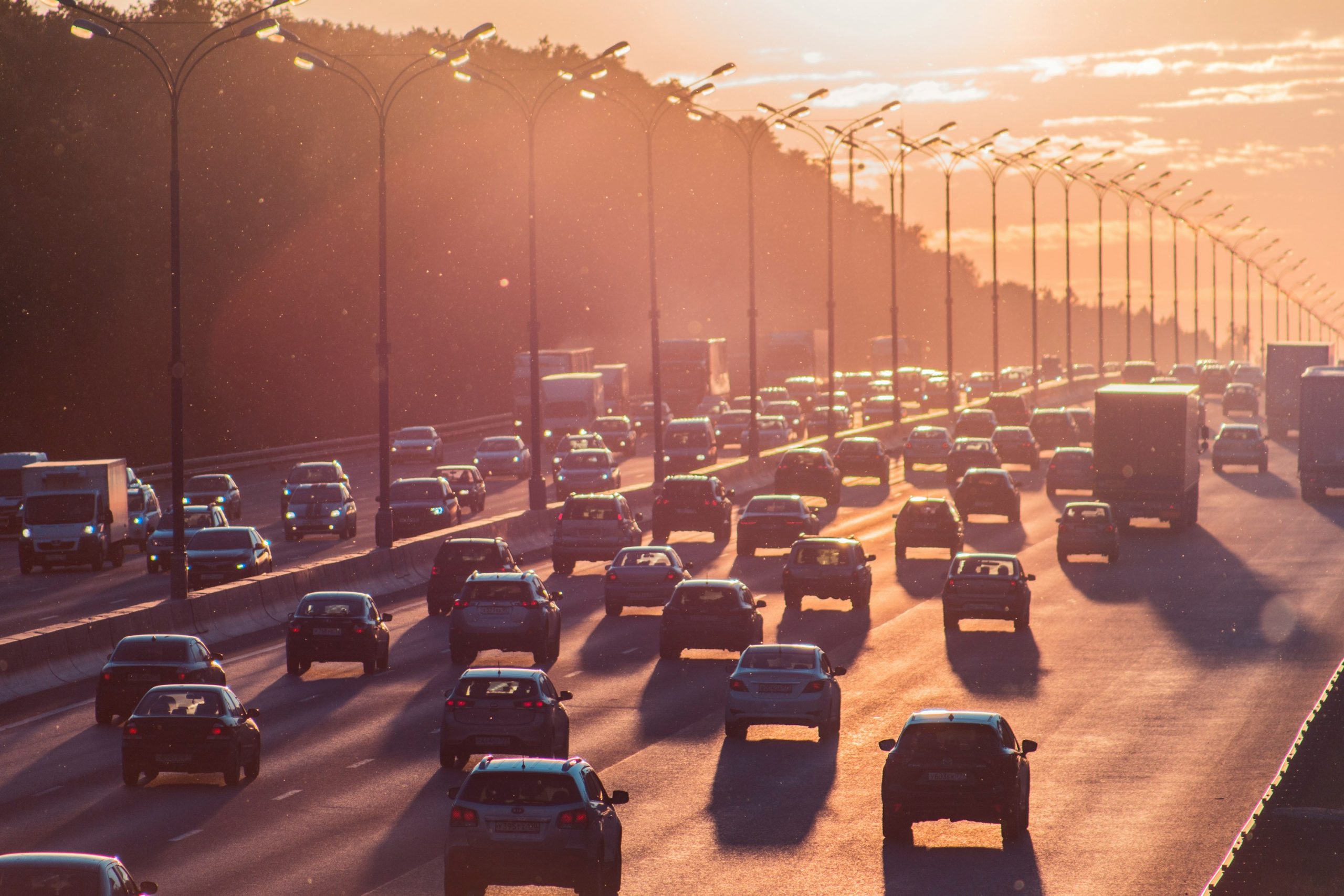
In today’s fast-paced world, car ownership is often viewed as a necessity—a symbol of independence, convenience, and mobility. However, as cities become more congested, environmental concerns grow, and transportation options evolve, many individuals are questioning... Read more
By Spoko 20.03.2024
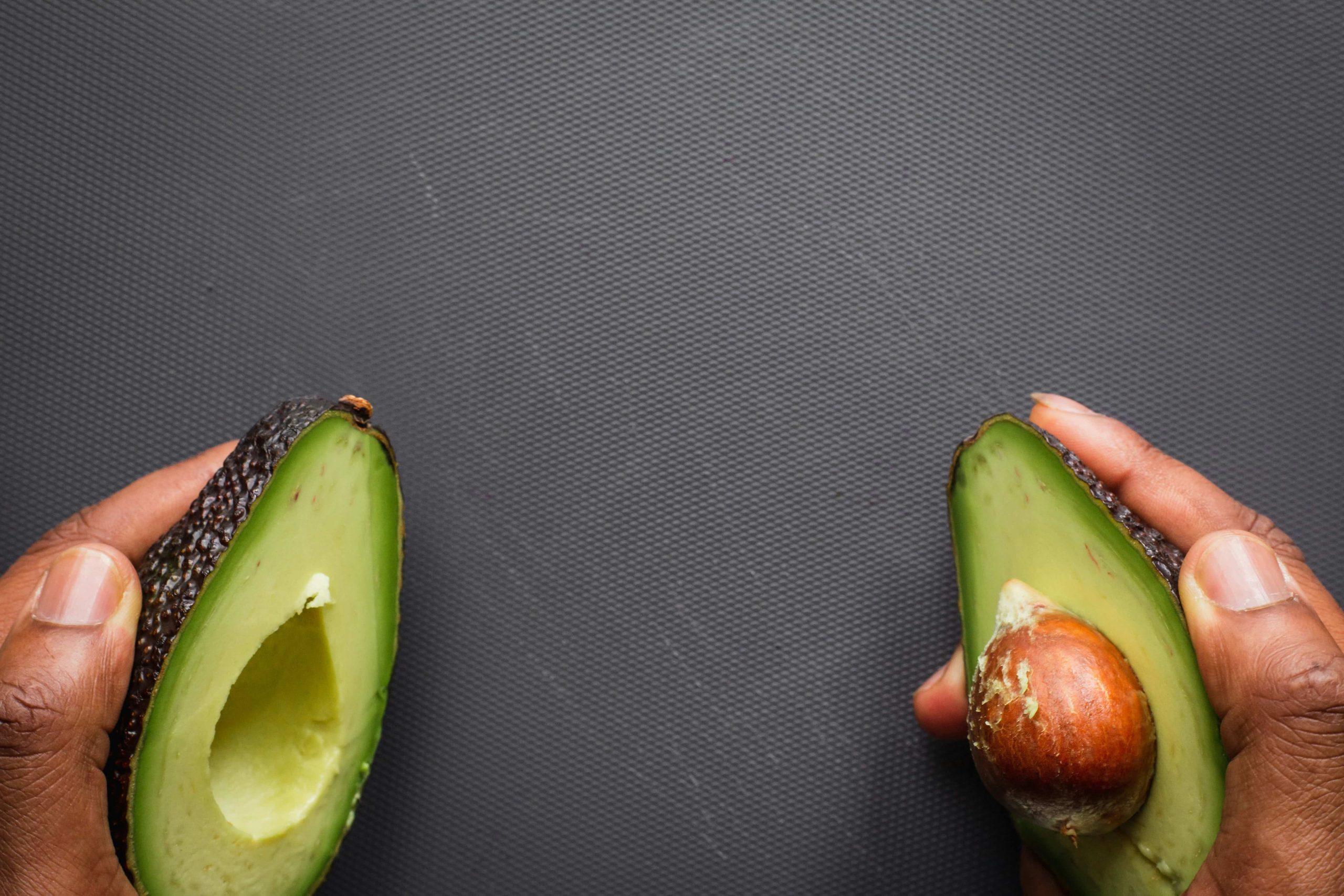
In recent years, the popularity of vegetarian and plant-based diets has surged, driven by concerns about health, animal welfare, and environmental sustainability. However, a common misconception persists: that following a vegetarian diet is inherently more... Read more
By Spoko 06.03.2024

In an interconnected world, global economic trends can have a profound impact on personal finances, influencing everything from job security to investment returns. Understanding how macroeconomic events affect your wallet is crucial for making informed... Read more
By Spoko 28.02.2024

In today’s digital age, managing regular payments and subscriptions has become a crucial aspect of personal and financial management. From streaming services to software subscriptions, gym memberships to utility bills, our lives are filled with... Read more
By Spoko 21.02.2024

Jet lag can wreak havoc on your body and mind, leaving you feeling exhausted and disoriented after a long flight. However, with some preparation and smart strategies, you can minimize its impact and adjust to... Read more
By Spoko 14.02.2024

As Valentine’s Day approaches, it’s easy to get caught up in the romantic aspects of the holiday. While celebrating romantic love is wonderful, let’s also take this opportunity to honor love in all its forms.... Read more
By Spoko 07.02.2024
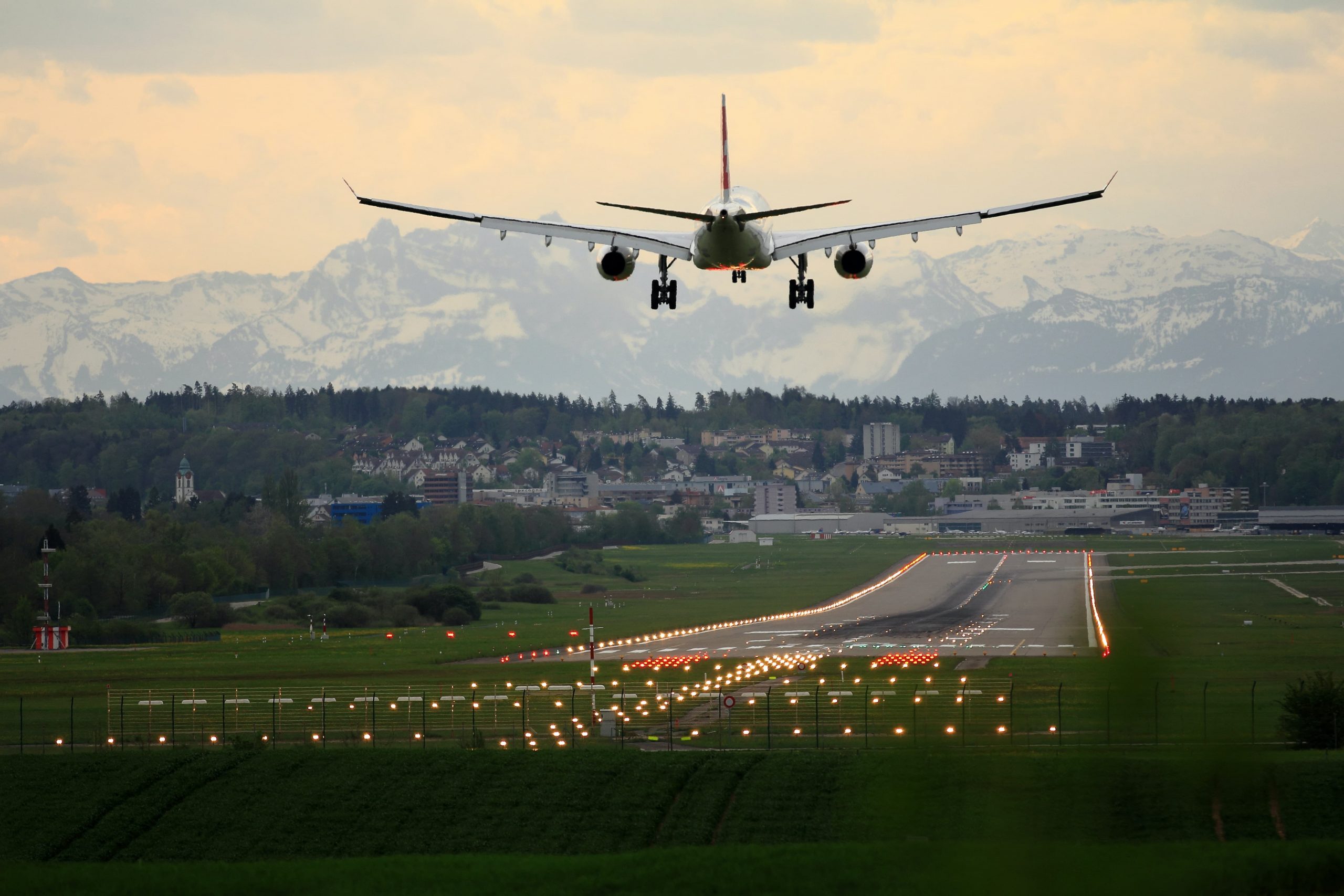
It’s easy to think that one way to deal with a fear of flying is simply to avoid planes. But it limits you so much. Here are some useful tips: Go deeper into the topic.... Read more
By Spoko 31.01.2024

Financial success is not just about effective money management; it’s also a state of mind. Oftentimes, we burden ourselves with beliefs that seem to hinder us from unlocking our full financial potential. Let’s explore some... Read more
By Spoko 24.01.2024

In a world of endless sales, saving your finances is a real talent. But how do you avoid overspending and still enjoy the benefits of discounts? Impulsive spending is defined as purchases that were not... Read more
By Spoko 17.01.2024

Living and working as an expat in Italy brings forth a myriad of cultural experiences and opportunities. Amidst the enchanting landscapes and delectable cuisine, it’s crucial for expats to understand and navigate their tax obligations... Read more
By Spoko 11.01.2024

In our interconnected world, staying connected while traveling is easier than ever. However, with this convenience comes the responsibility to safeguard your personal data from potential threats. Whether you’re on a business trip or exploring... Read more
By Spoko 28.12.2023

Moving abroad can be a thrilling yet challenging experience, especially when children are involved. The process requires careful planning and consideration to ensure a smooth transition for the entire family. Here’s a guide on how... Read more
By Spoko 20.12.2023

‘Tis the season to be merry, and what better way to embrace the joy than with a celebration extravaganza? Here are some festive ideas to make your Christmas and New Year memorable: 1. Themed Decor... Read more
By Spoko 13.12.2023

The holiday season in Europe is a magical time, and nothing captures the spirit of Christmas quite like the enchanting Christmas markets. These markets, steeped in tradition and festive cheer, offer visitors a chance to... Read more
By Spoko 06.12.2023

Establish a Budget: Plan out goals for the next 6 months Build Credit History: Establishing good credit is crucial for financial stability. Consider getting a secured credit card, paying bills on time, and keeping your... Read more
By Spoko 22.11.2023

Here are a few common money transfer scams to watch out for: Phishing Scams: These involve receiving fraudulent emails, messages, or calls pretending to be from a reputable institution, asking for personal information or prompting... Read more
By Spoko 08.11.2023

The difference between buying and selling currency for banks and currency exchange offices is one of the main sources of profit. Internet exchangers, thanks to the nationwide scale of operations, can afford to show significantly... Read more
By Spoko 02.11.2023
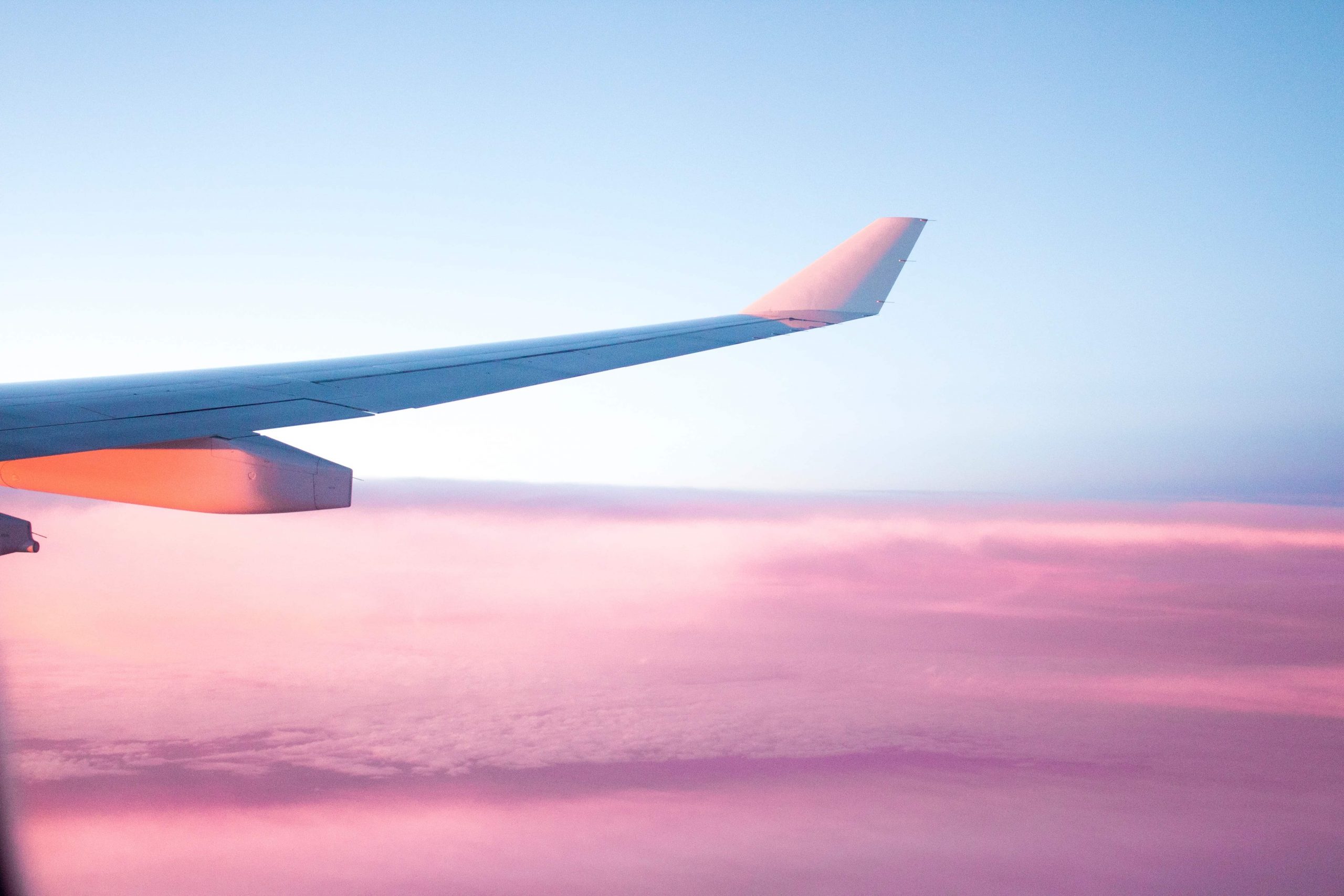
Airfare pricing is extremely complex, with algorithms changing fares minute by minute. It puts the average consumer at a significant disadvantage and far too often results in travelers overpaying for flights. Here are 10 tips... Read more
By Spoko 25.10.2023

The popularity of online interviews has certainly peaked since COVID. Preparing for an online interview is crucial for success. Here are some tips to help you get ready: 🧑🏾💻Test your technology: Ensure your internet connection,... Read more
By Spoko 18.10.2023
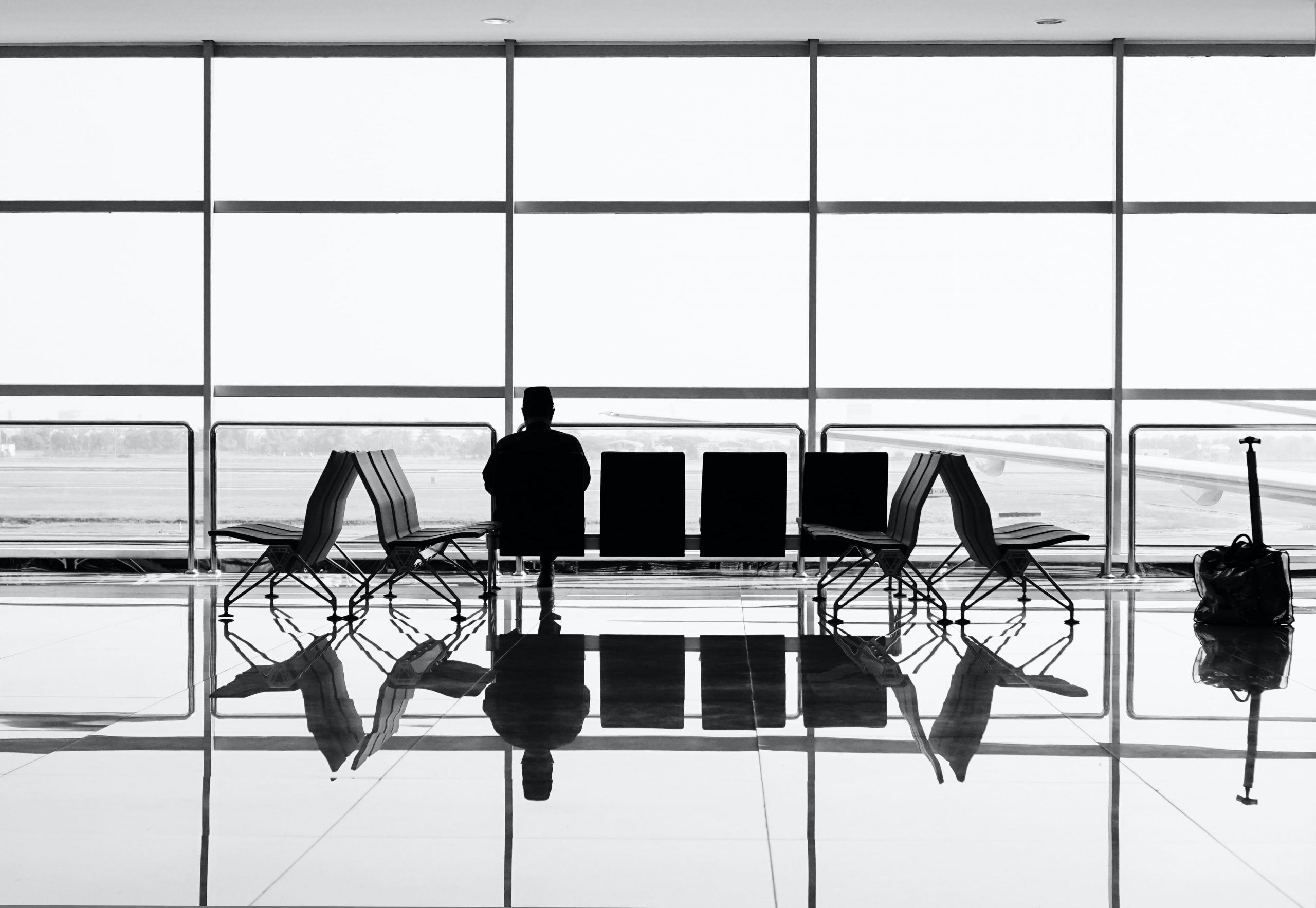
Dual citizenship, or multiple citizenship, is when a single person is legally recognized as a citizen of two or more countries at the same time. Not all countries allow their citizens to hold dual citizenship.... Read more
By Spoko 11.10.2023
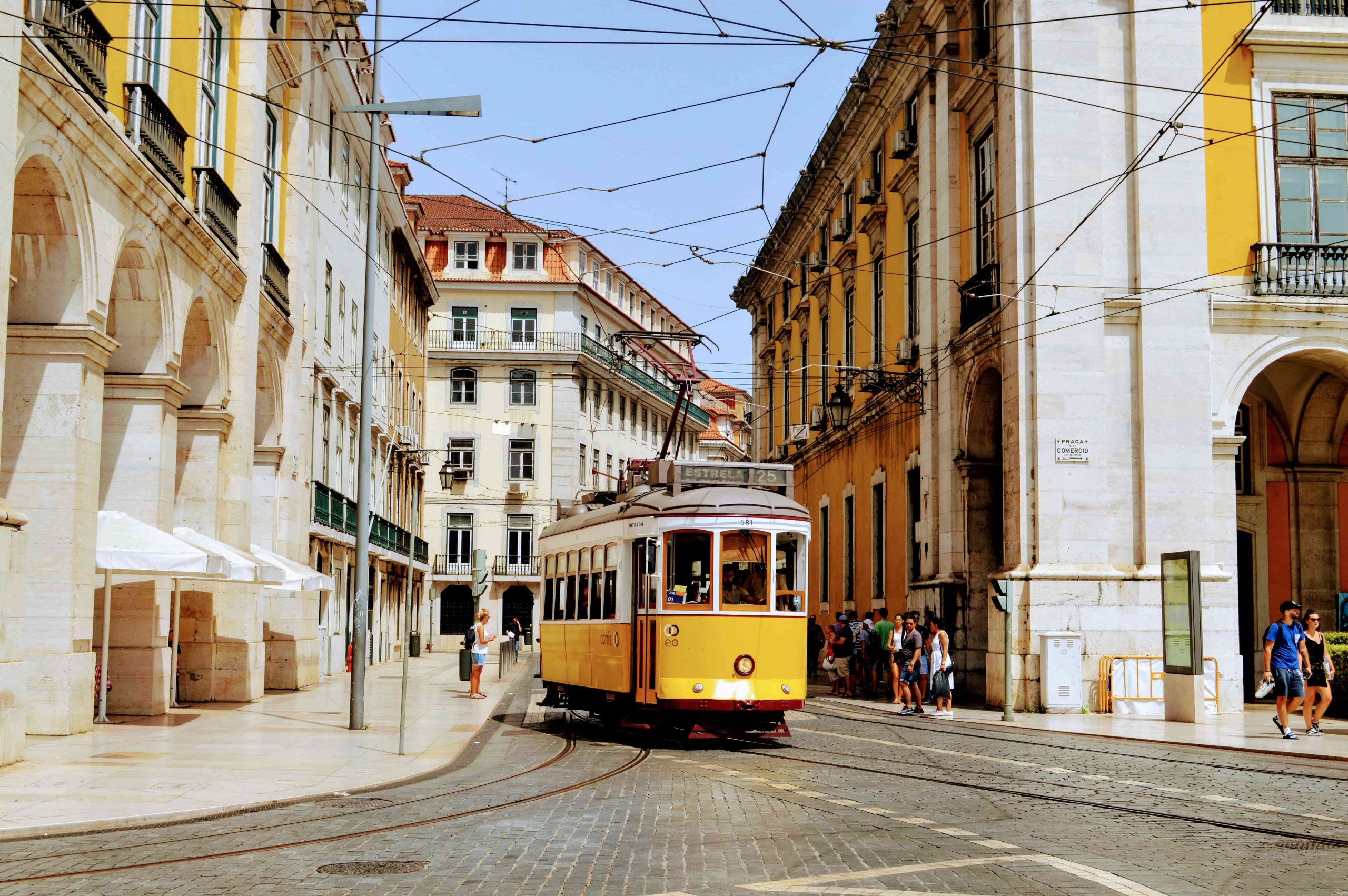
Moving to Portugal is possible on the basis of business, study, joining a family member, to retire, marriage. The standard legalization procedure includes opening a visa, obtaining a residence permit, and after 5 years –... Read more
By Spoko 04.10.2023